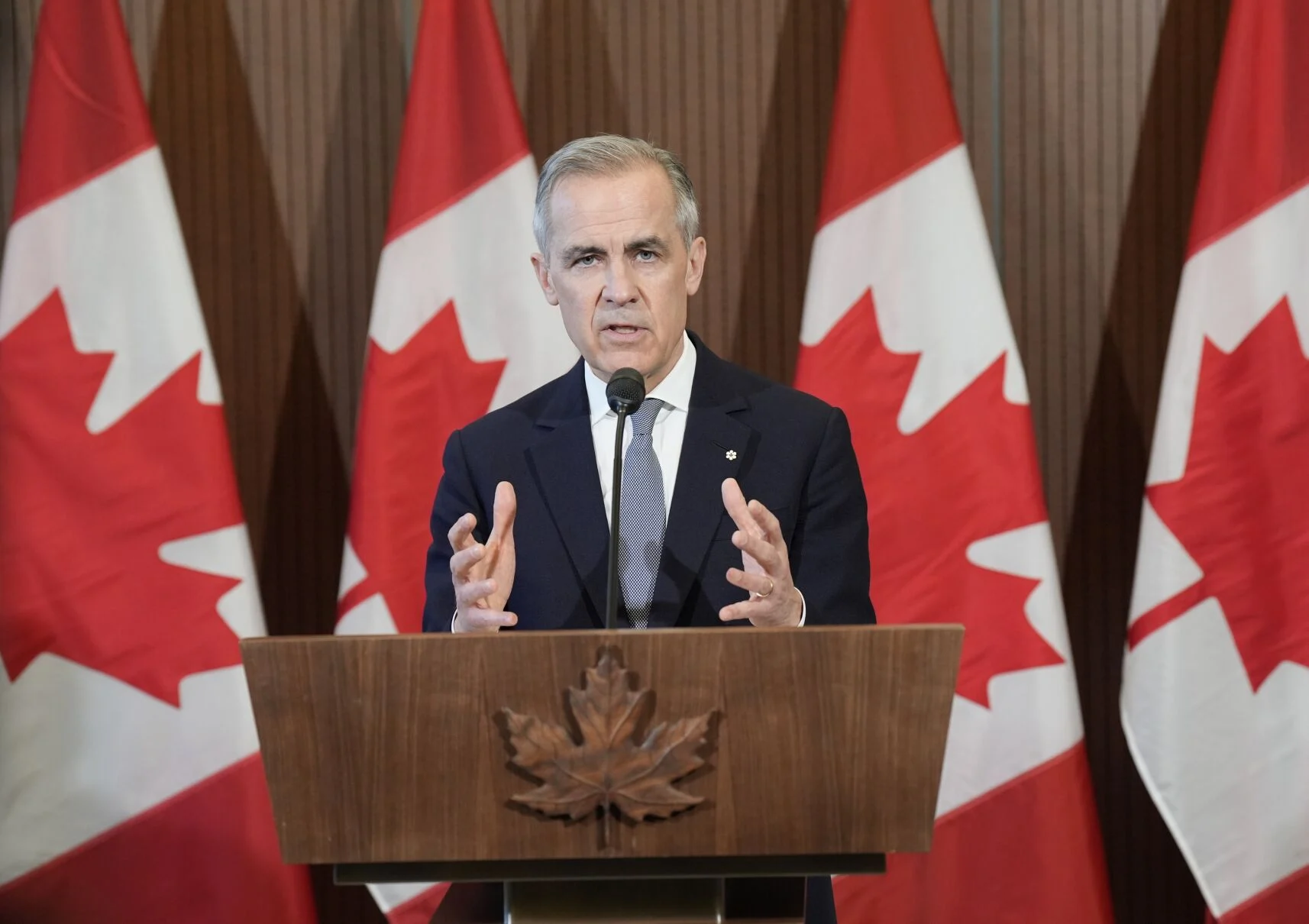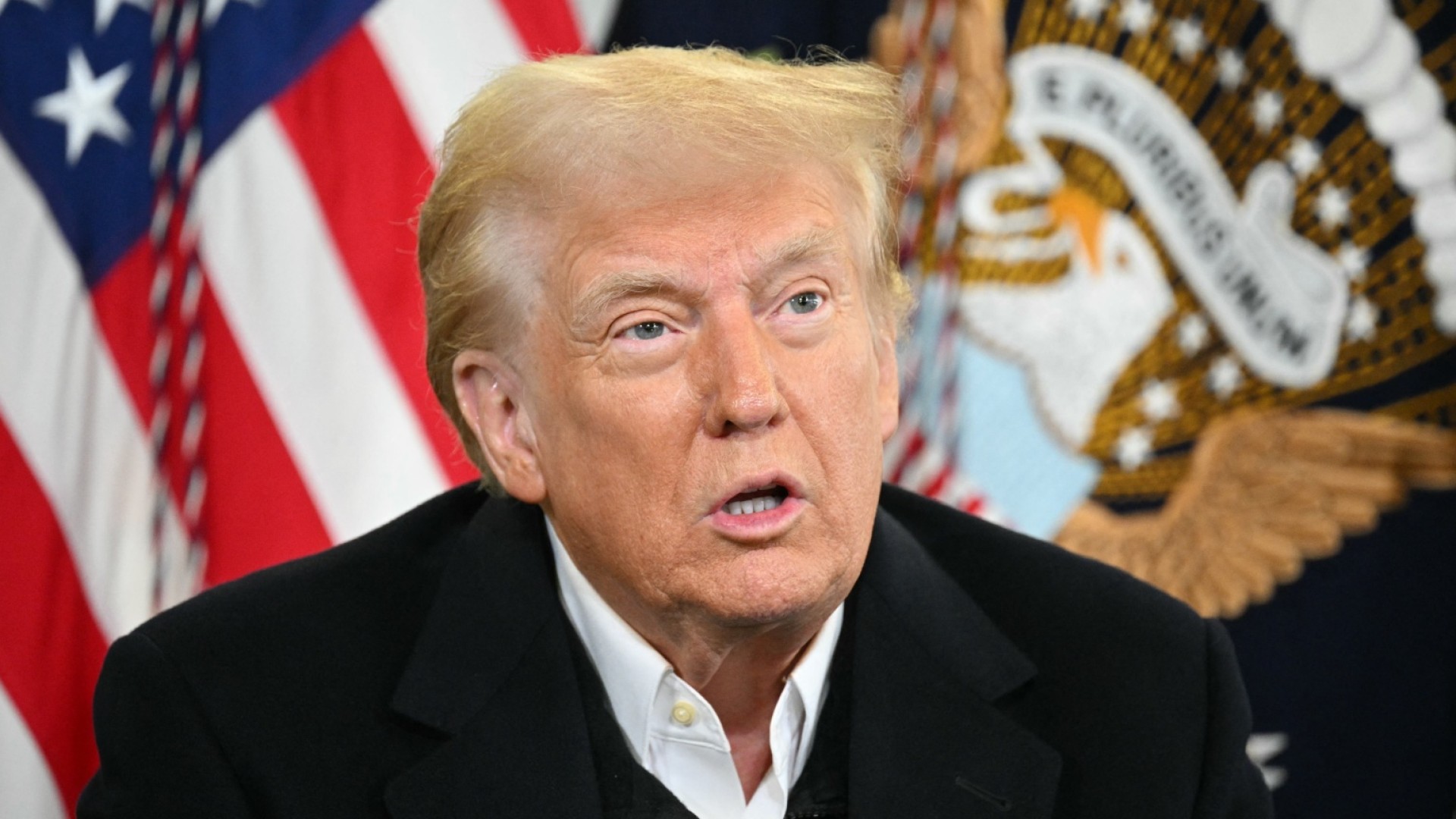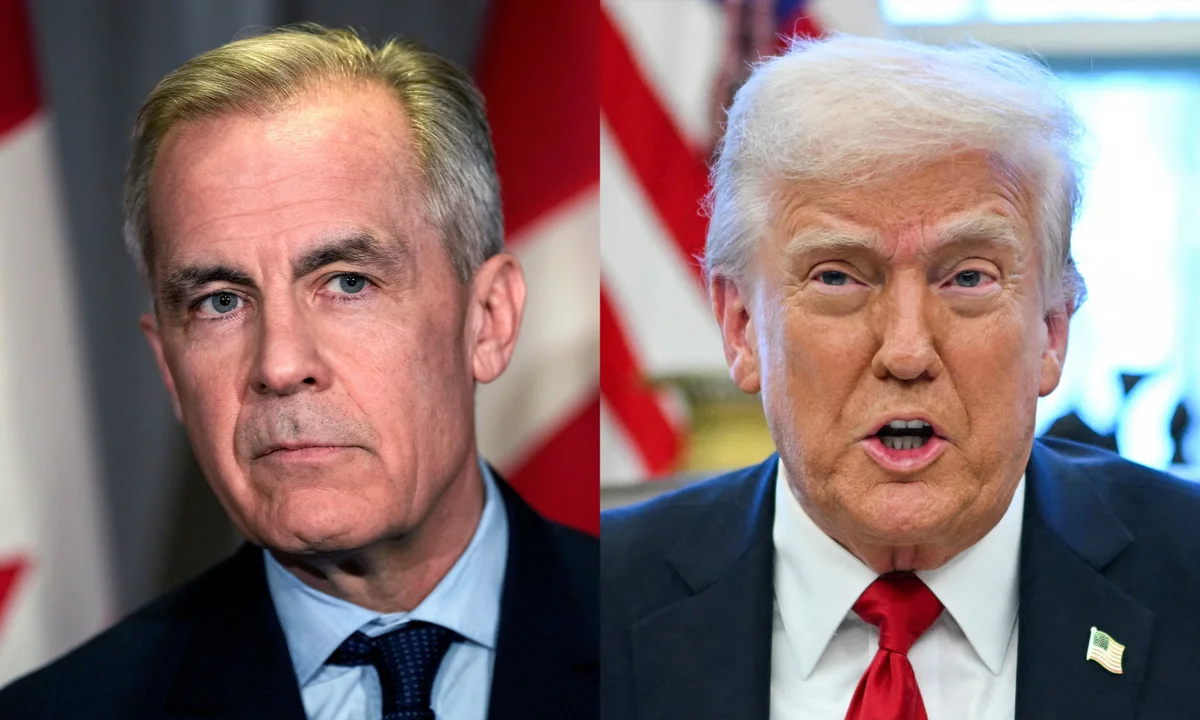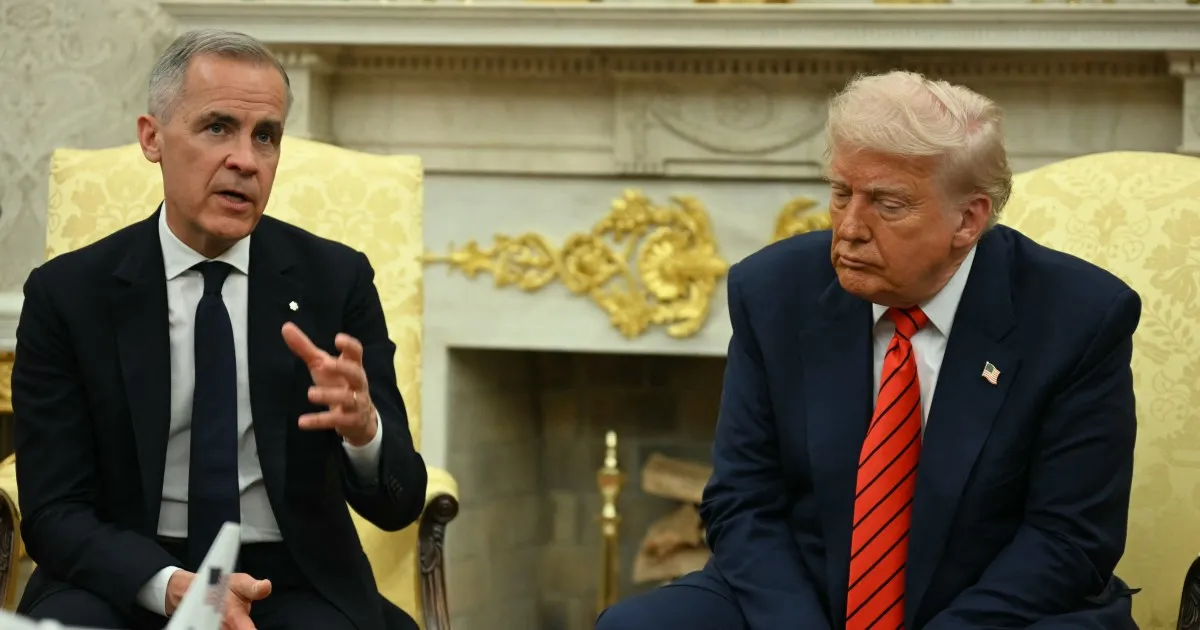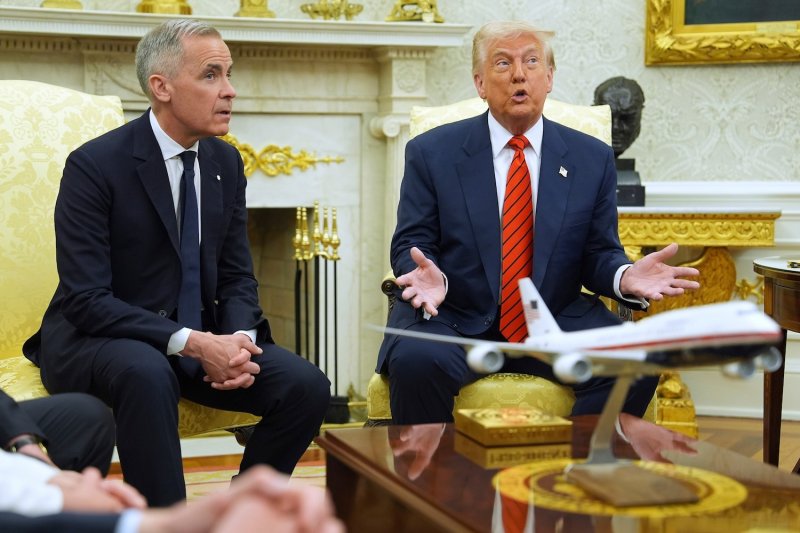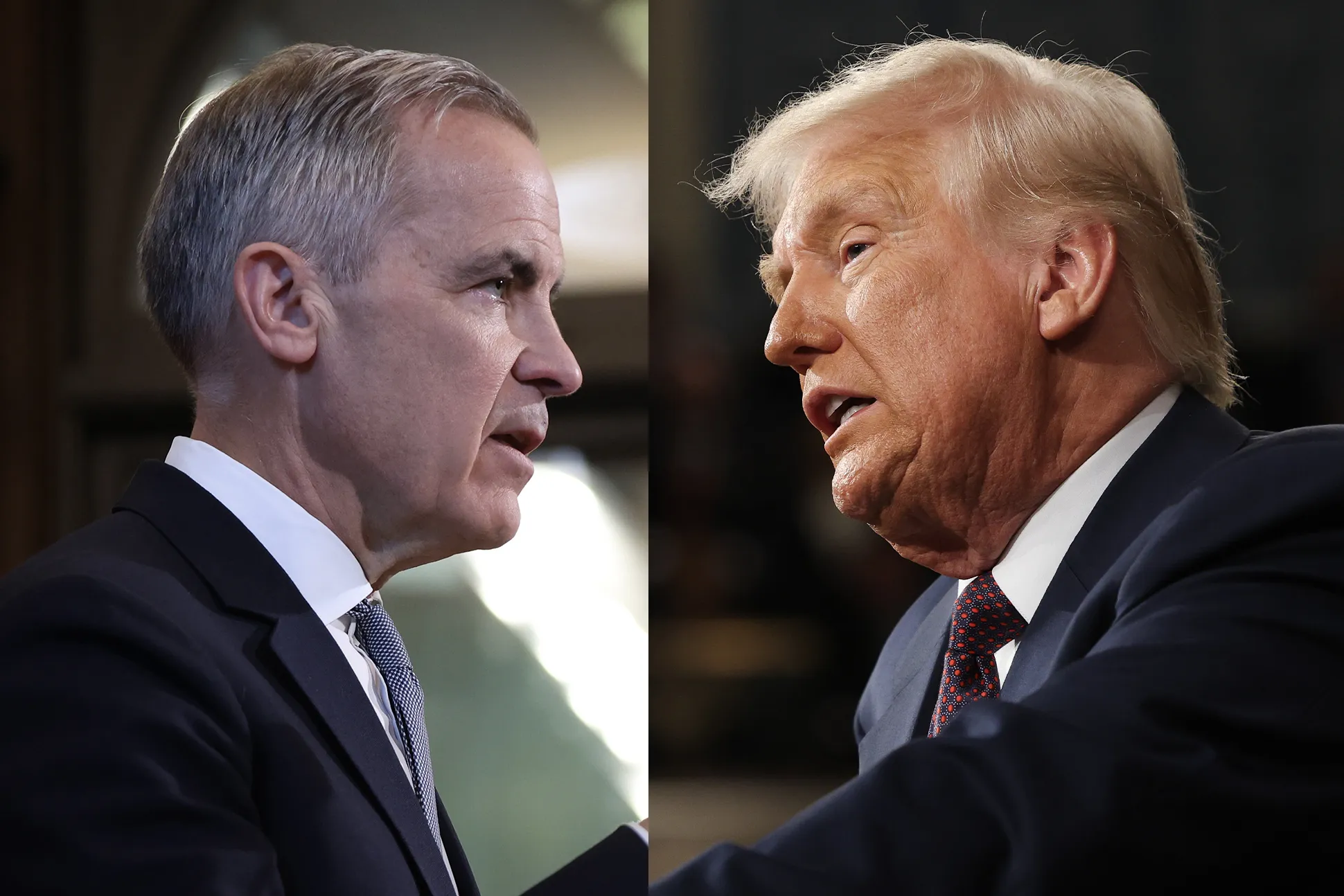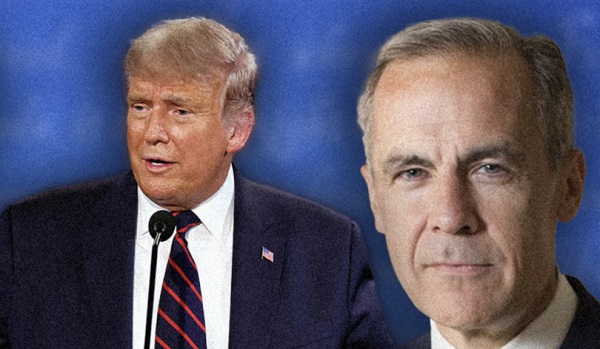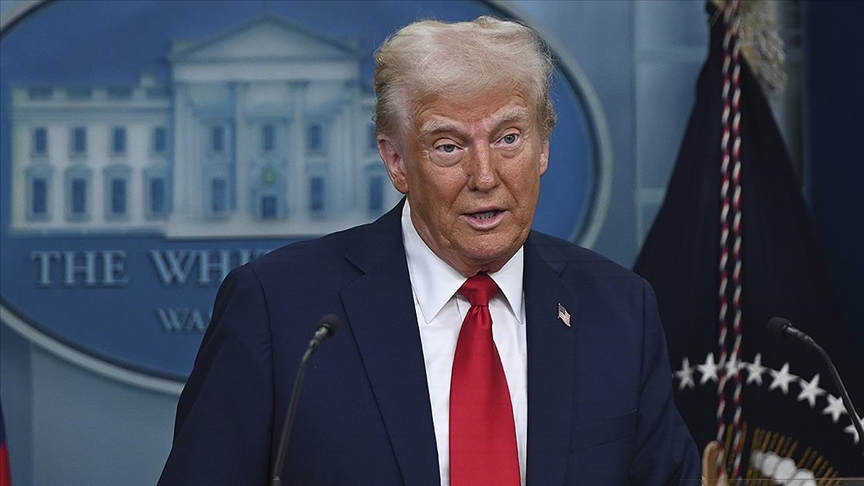Ottawa, August 23, 2025 – The Europe Today: Prime Minister Mark Carney announced on Friday that Canada will remove all tariffs on U.S. goods covered by the Canada-U.S.-Mexico Agreement (CUSMA) by September 1, in a move aimed at easing trade tensions with Washington.
Carney stressed, however, that tariffs on steel, aluminum, and autos will remain in place while his government works with the United States on shaping a new bilateral trading framework. He noted that despite ongoing disputes, including U.S. tariffs on Canadian steel, aluminum, autos, copper, lumber, and energy, about 85 percent of Canada-U.S. trade remains tariff-free.
“As we work to address outstanding trade issues with the U.S., it is important we do everything we can to preserve this unique advantage for Canadian workers and their families,” Carney said. He added that his recent discussions with U.S. President Donald Trump included assurances that lifting CUSMA-related tariffs would help intensify bilateral talks on trade challenges in key sectors.
The announcement follows Trump’s July 31 executive order raising tariffs on certain Canadian goods to 35 percent, citing fentanyl trafficking and Canada’s earlier retaliatory measures. Ottawa has imposed counter-tariffs on U.S. goods three times since the trade war began, including duties on $60 billion worth of American consumer products as well as on steel and aluminum. The 35 percent U.S. tariff applies only to goods not covered by CUSMA.
Carney said the decision is part of Canada’s broader strategy to prepare for the official CUSMA review next year, with industry consultations to begin in September. He also highlighted new government priorities, including expanding trade with other countries, doubling the pace of homebuilding, boosting national defence, and launching major infrastructure initiatives. The first of a series of new “nation-building projects” is expected to be announced soon.
Reactions to the move were mixed. Conservative Leader Pierre Poilievre sharply criticized Carney, accusing him of making “generous concessions” to Trump without securing reciprocal benefits. “Today we learned that it is yet another capitulation and climb-down by Mark Carney,” Poilievre said, arguing that he would have demanded the removal of all U.S. tariffs in exchange for lifting Canada’s countermeasures.
Ontario Premier Doug Ford urged the federal government to secure relief for the steel, auto, forestry, and copper sectors, warning that if no agreement is reached, Ottawa must “hit back hard” and provide direct support for workers and businesses.
Business groups and labour unions also voiced contrasting opinions. The Canadian Federation of Independent Business (CFIB) welcomed the announcement, saying it would relieve pressure on small businesses, though it urged the government to redirect tariff revenue to affected firms. Meanwhile, Unifor President Lana Payne criticized the decision as a mistake, saying it undermines Canada’s leverage. “Walking back counter-tariffs isn’t an olive branch. It only enables more U.S. aggression,” she said.
